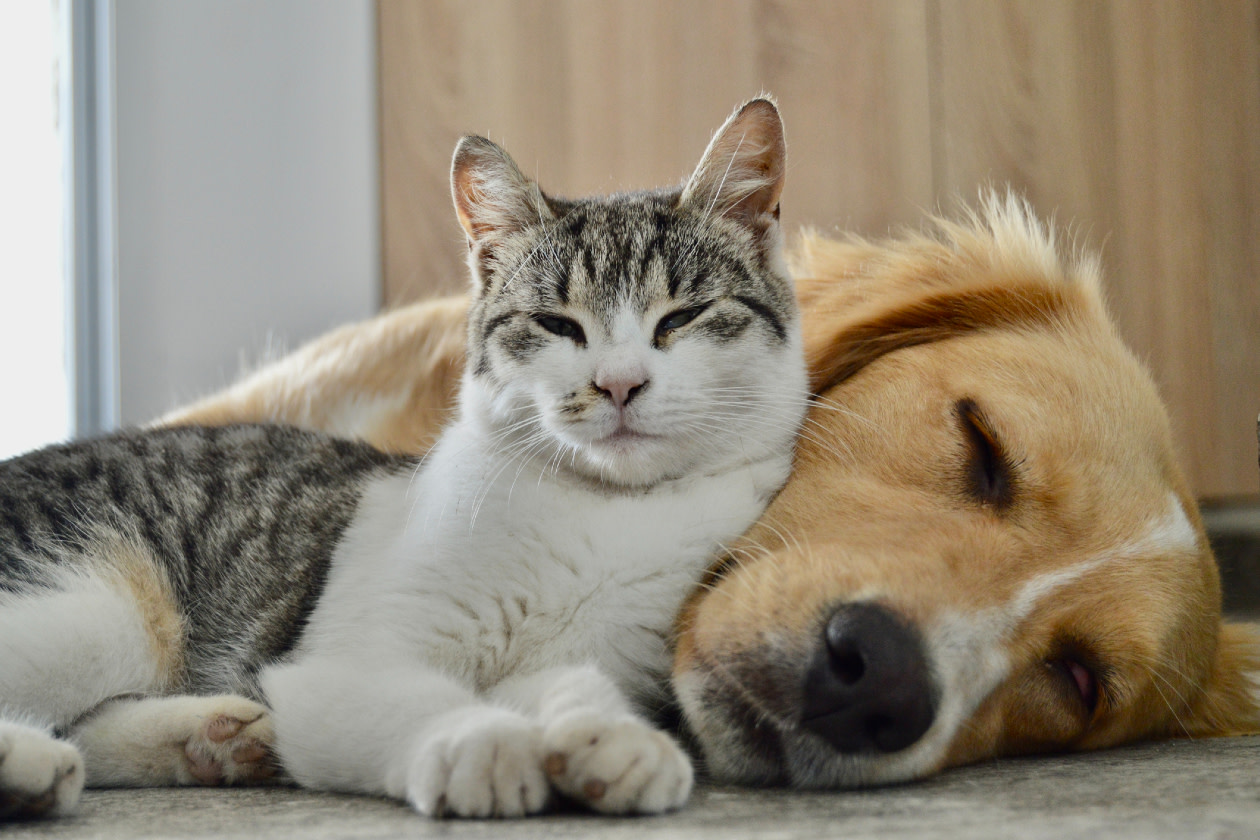Shares in the UK’s major veterinary practice groups rose on Wednesday, after the competition watchdog’s recommendations for industry reform were less severe than feared.
FTSE 250 pet care retailer and veterinary services provider Pets at Home was last 4.6% higher in midweek business. CVS Group increased 4.4%.
The Competition and Markets Authority (CMA) said the current regulatory system “must be modernized to keep pace with commercial practice and ensure pet owners are protected.”
The watchdog said its 17-month investigation showed that pet owners are often unaware of the prices of common services, and had no way of comparing costs across different practices.
Inflation-Busting Rises
The CMA noted consumers “may be paying twice as much for commonly prescribed medicines from vet practices than they could pay online, amounting to hundreds of pounds more than they need to pay.”
It added that customers are often unsure if they are getting good money from pet care plans. Signs that pet owners may be overpaying for cremations; ineffective complaints procedures for many customers; and a lack of information on whether vet practices are part of larger chains were other findings.
The CMA found that “average vet prices across the market rose by 63% between 2016 and 2023 – well above the rate of inflation.”
It also found the average pet owner pays 16.6% more at large vet groups than at independent vets.
21 Recommendations
Describing current regulations as “not fit for purpose,” the CMA noted that the current framework “only regulates individual veterinary professionals and not vet businesses, despite the majority of practices being part of a large corporate group.”
The watchdog made 21 provisional recommendations, including:
Requiring vets to publish comprehensive price lists.
Demanding that practices disclose if they are part of a larger group.
Making it simpler for pet owners to purchase cheaper medicines from the internet, and obliging vets to tell consumers what savings they could make by buying online.
Capping the prices of providing prescriptions to £16.
Requiring vets to provide clear price information when customers are choosing a treatment, with prices in writing for services above £500 and itemized bills.
Obliging vets provide price breakdowns for pet care plans.
Requiring vets to provide clear price information on cremation services.
Certainty Welcomed
Following the CMA’s report, CVS said that it “welcomes the additional certainty that this morning’s announcement brings. It added that “we are pleased to see that the CMA has considered our and the veterinary profession’s feedback on the initial 28 remedies proposed in May 2025.”
The company added that “whilst we do not believe that all of these remedies are fully justified, we will be working with the CMA to refine the remedies package to ensure it is workable and deliverable and have plans in place to implement them, including joint branding of our practices and the publishing of standardized price lists.”
Analyst Derren Nathan of Hargreaves Lansdown said that the CMA’s provisional decision “shouldn’t provoke too many barks and howls from the major operators," though he added that “the line under the matter has only been penciled in so far.”
Further consultations are currently underway, with the CMA’s final decision to be published in March.
This article was written by Royston Wild from Forbes and was legally licensed through the DiveMarketplace by Industry Dive. Please direct all licensing questions to legal@industrydive.com.

